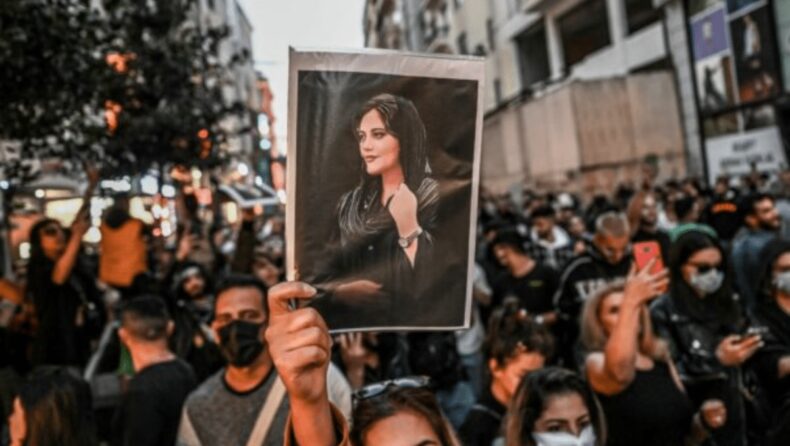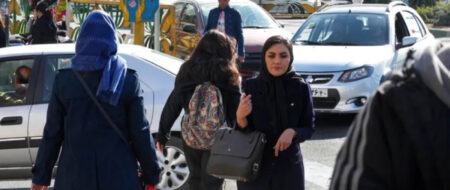Human Rights Council established a fact-finding mission to investigate the protests that began on September 16, 2022.
Following United Nations Human Rights chief Volker Türk’s call for an independent investigation into ongoing deadly violence against protesters in Iran

The United Nations Human Rights Council voted Thursday to condemn Iran’s bloody crackdown on peaceful protests and to establish an independent fact-finding mission to investigate alleged abuses, particularly against women and children.
The UN High Commissioner emphasized how security forces, “particularly the Islamic Revolutionary Guard Corps and Basij forces, have used live ammunition, birdshot, and other metal pellets, teargas, and batons” against the protest movement, which has spread to 150 cities and 140 universities across Iran.
A resolution proposed by Germany and Iceland received support from 25 countries, including the United States and many European, Latin American, Asian, and African countries. China, Pakistan, Cuba, Eritrea, Venezuela, and Armenia all opposed the move, while 16 abstained.
In response to the High Commissioner’s remarks, Iran’s representative, Khadijeh Karimi, Deputy Vice President for Women and Family Affairs, insisted that the Government had taken “necessary measures” to seek justice following Ms. Amini’s death. These included the establishment of an independent parliamentary investigation commission and a forensic medical team.
Speaking at the Special Session – the Council’s 35th since its inception in 2005 – Javaid Rehman, Special Rapporteur on the Situation of Human Rights in Iran, insisted that efforts to silence protesters had intensified in the previous week, including against children. The protests were sparked by the death of Mahsa Amini, 22, while in the custody of the morality police for violating a strictly enforced Islamic dress code more than two months ago.

The Geneva meeting on Thursday is the most recent international effort to put pressure on Iran over its crackdown, which has already resulted in international sanctions and other measures.
At least 15,000 people have also been arrested, “and the Iranian regime is now threatening protesters with the death penalty,” according to Foreign Minister Annalena Baerbock of Germany, which called for the Special Session in the first place: “And why is that?” Only because these women, men, and children want to have the same rights as everyone else: to live in dignity and without discrimination.”
Echoing that message, US Human Rights Ambassador in Geneva Michèle Taylor told the Council that the Iranian people were “demanding something so simple, something that most of us here take for granted: the right to speak and be heard.” We applaud their bravery, particularly that of women, girls, and young people who bravely demand respect for their human rights and accountability for violations of those rights.
The council will now form a “fact-finding mission” to investigate rights violations “particularly with regard to women and children” related to the Sept. 16 protests. It also requires Tehran to cooperate with the special rapporteur by granting access to areas within Iranian territory, including detention facilities.
Also Read: India’s first Woman Envoy to the United Nations, Ruchira Kamboj takes Charge
Amini has remained a powerful symbol in protests that have posed one of the most serious challenges to the Islamic Republic since the Green Movement protests in 2009. Ambassador Michèle Taylor, the United States envoy to the Geneva-based council, said it was critical to pass the resolution establishing the fact-finding mission “because Iran’s demonstrated unwillingness to investigate numerous credible allegations of human rights violations by members of its security forces.”
Taylor described China’s attempt to derail the proposal as “personally appalling.” “Some who have defended the Iranian authorities have attempted to portray this as merely a cultural issue,” she said. “Let us be clear: no culture accepts the murder of women and children.”













